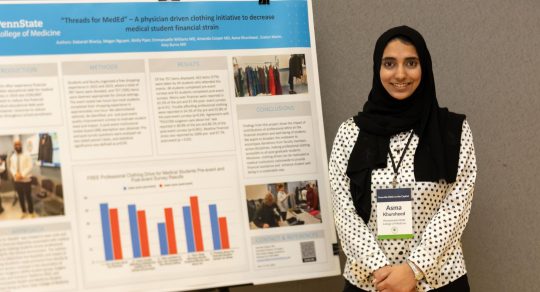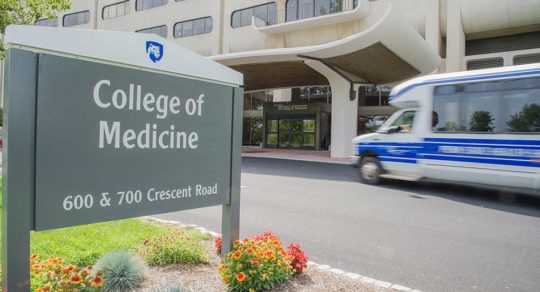Health Systems Science
Developing Systems Thinking in Medicine

An Impact Beyond Our Walls
We seek to equip the healthcare community to investigate, diagnose and treat health systems as they do patients by providing education in and evidence of the best health systems science clinical practices.
Since 2014, more than 1,500 students, residents, faculty and staff have been educated in the principles of health systems science. We have been awarded over $2.5 million in grant funds and contributed to the publication of four textbooks that are now used in medical schools nationwide.
To keep patients first and foremost in mind we have established a program for medical students to work directly with patients to address healthcare inequities and social determinants of health from day one of medical school – a program that has impacted over 4,300 patient lives.
Learn More About Health Systems Science
Additional Resources
Contact Health Systems Science

Health Systems Science Program Manager, Health Systems Science

Patient Experience Program Manager, Health Systems Science

Academic Program Specialist, Health Systems Science






